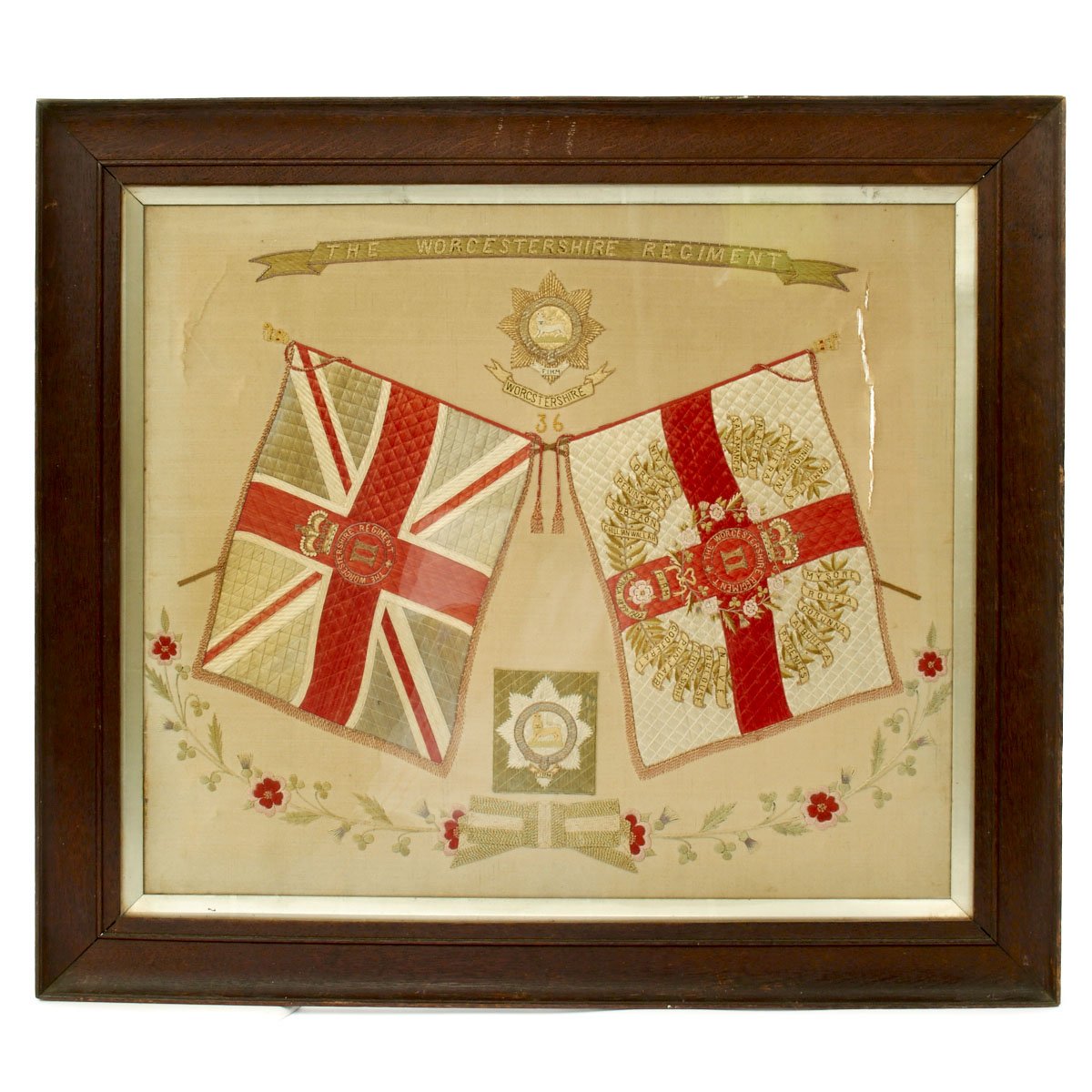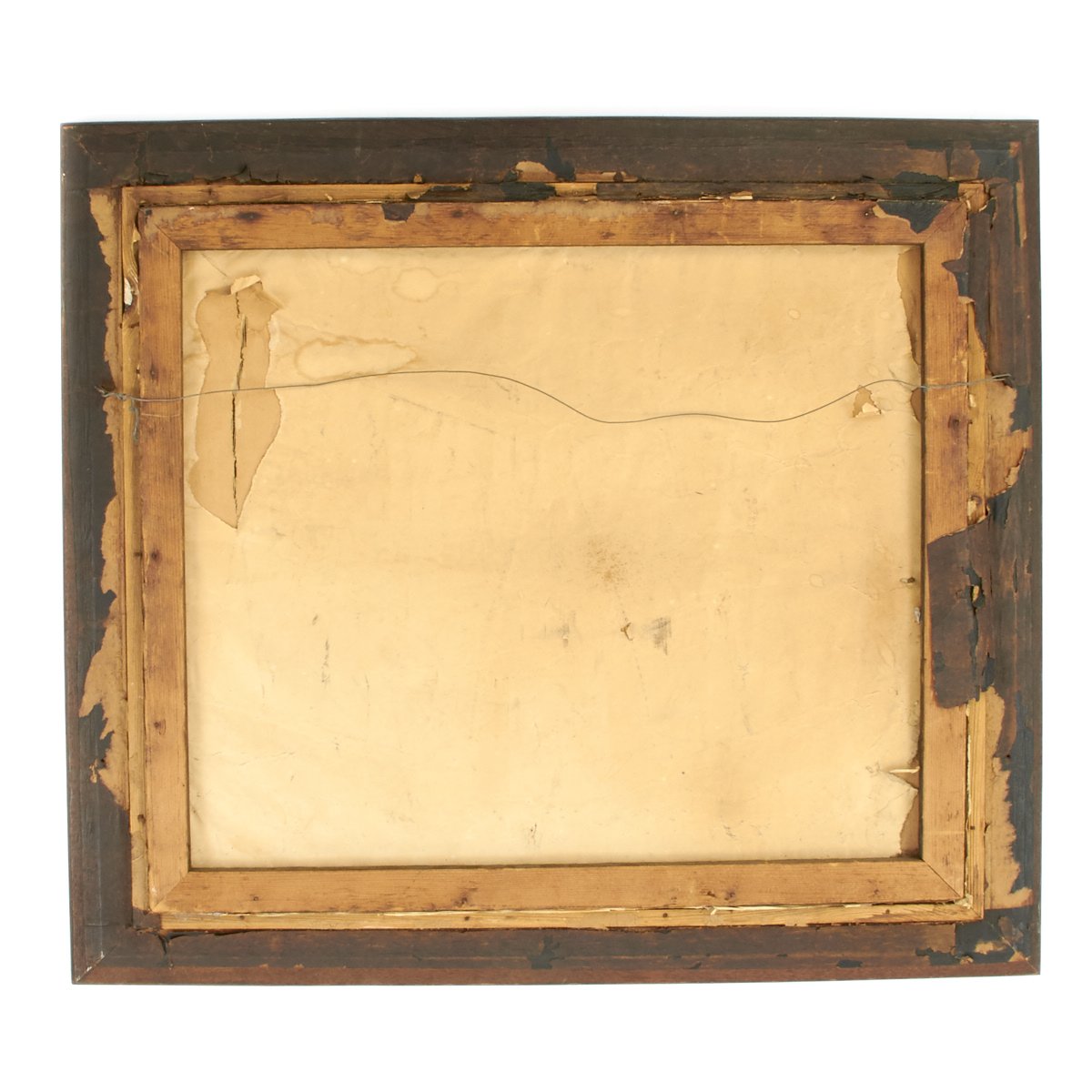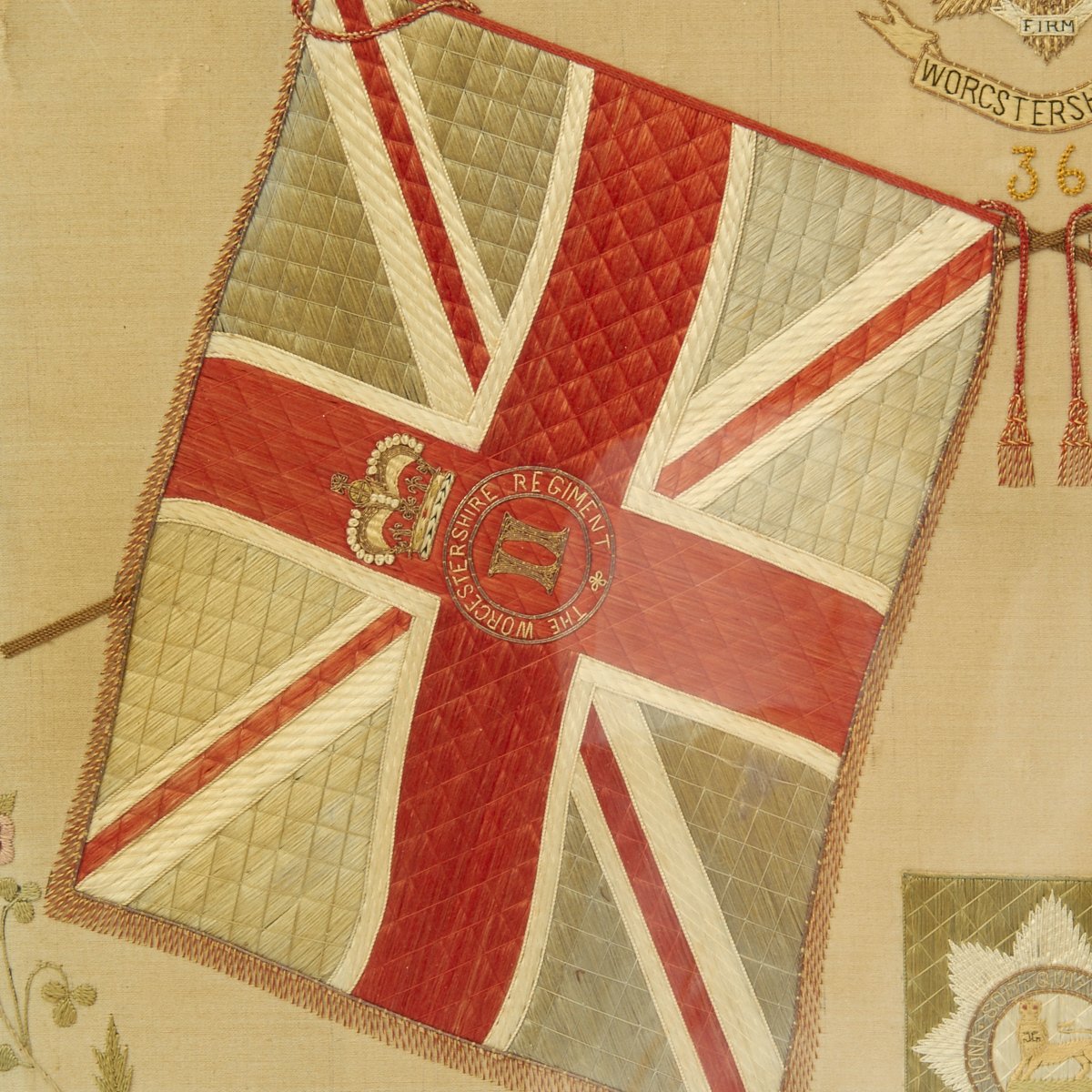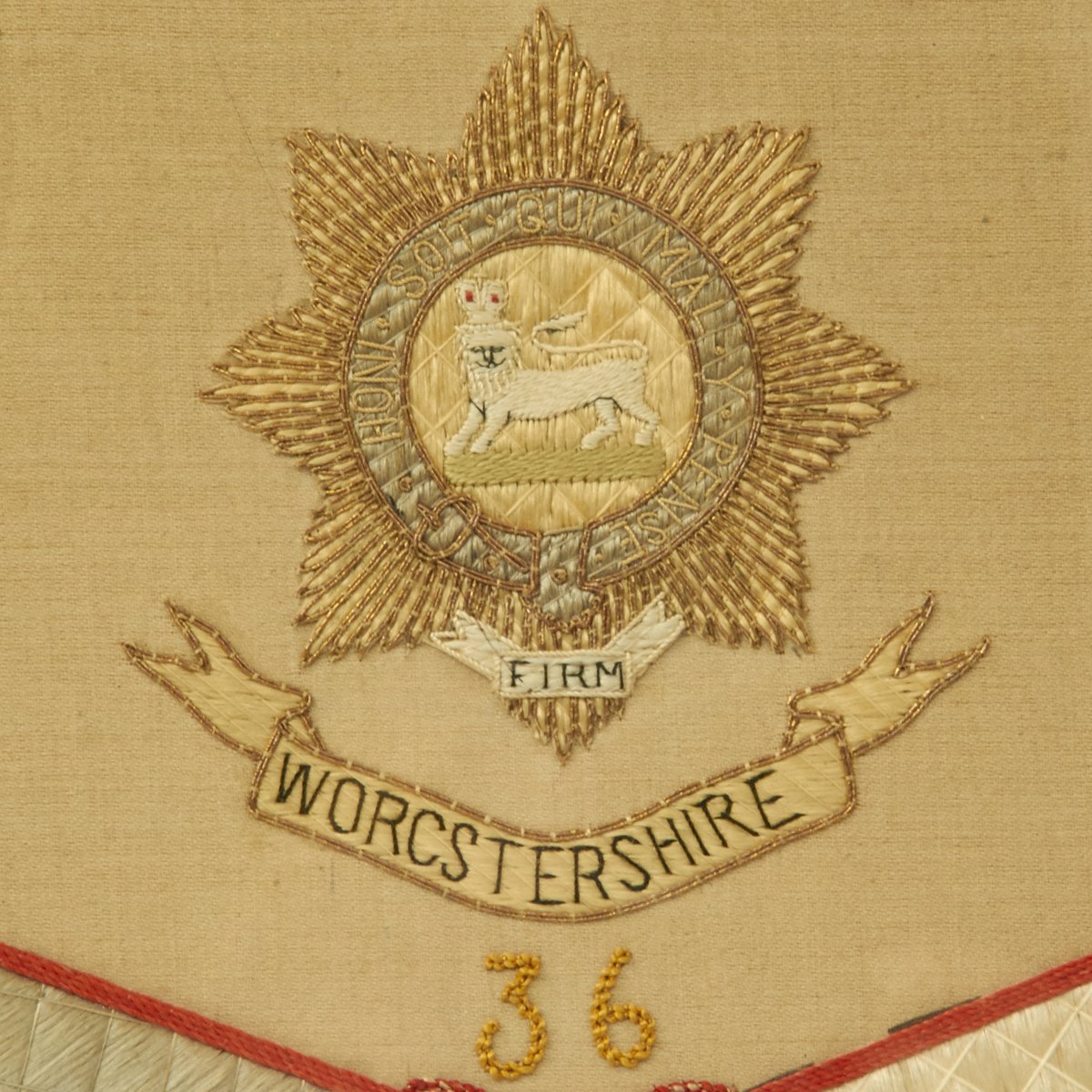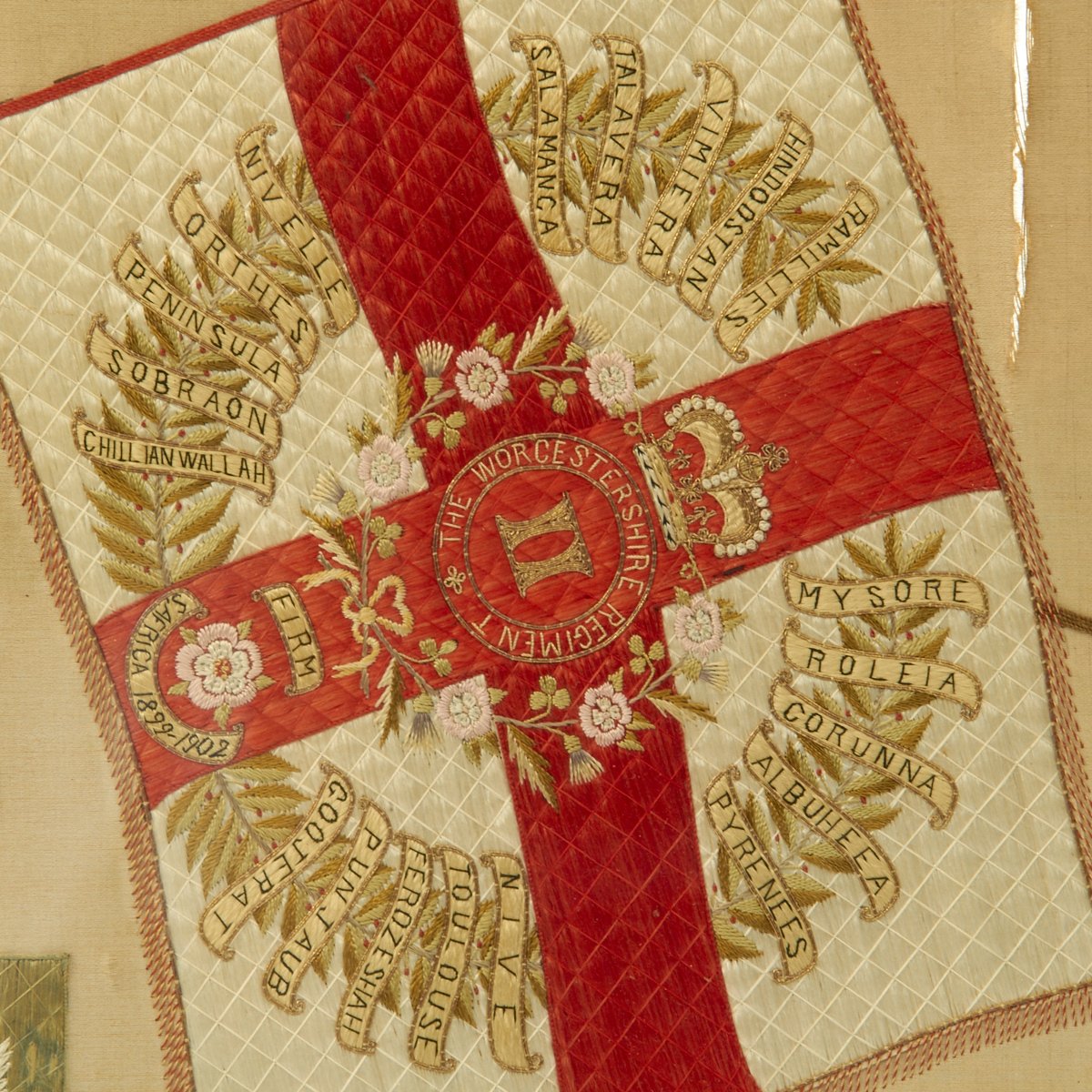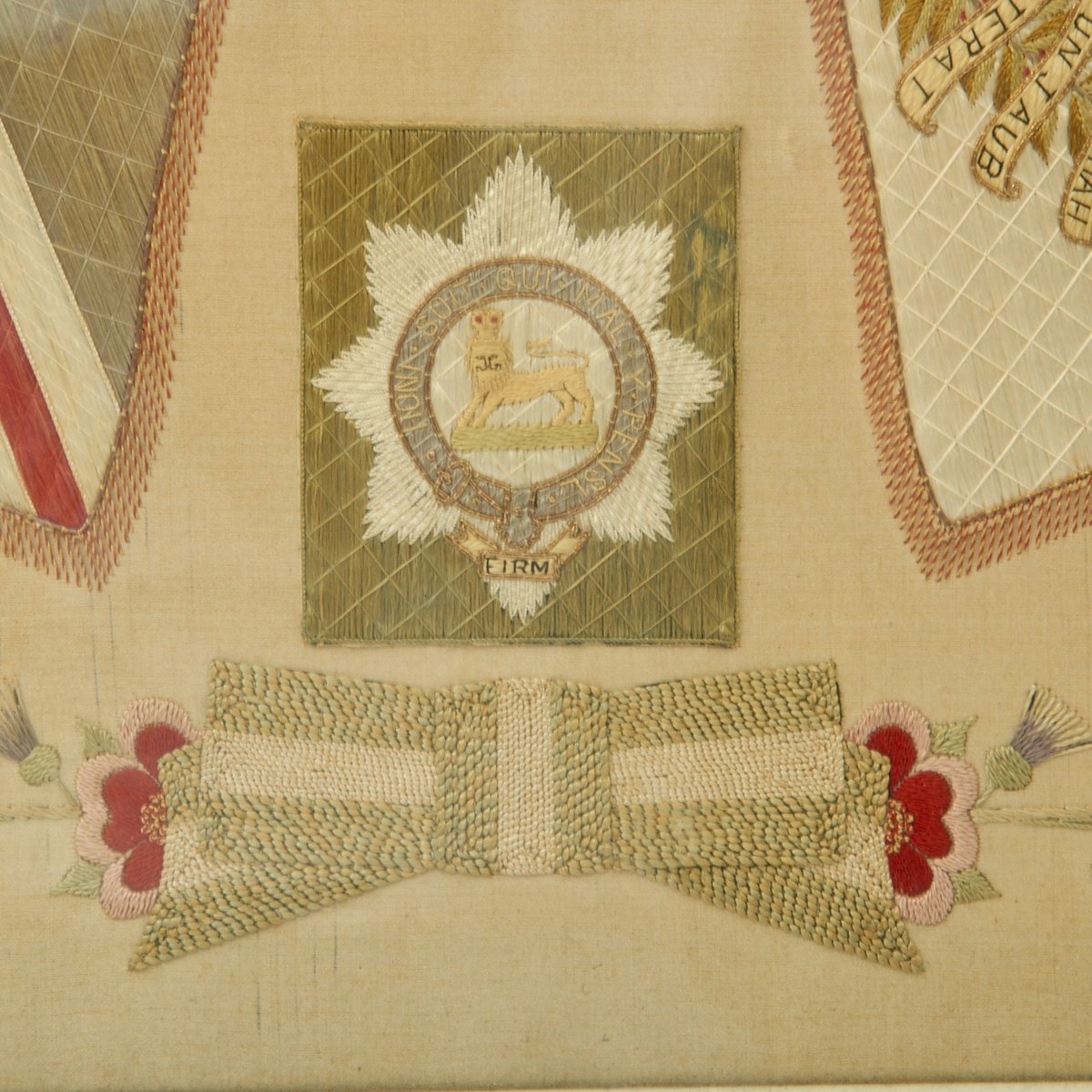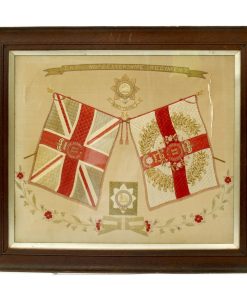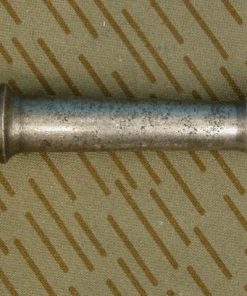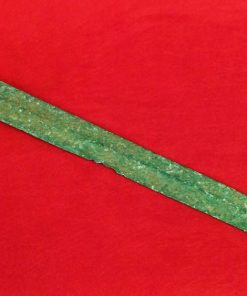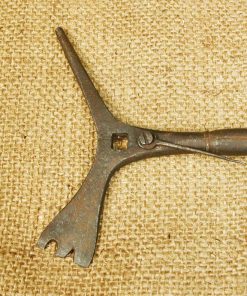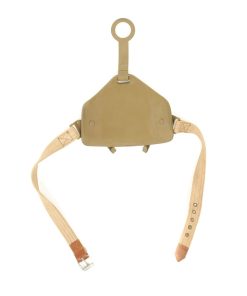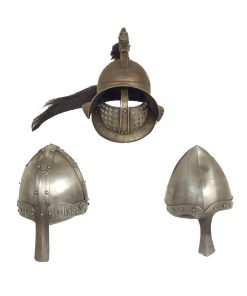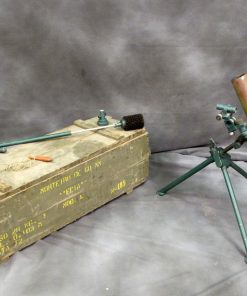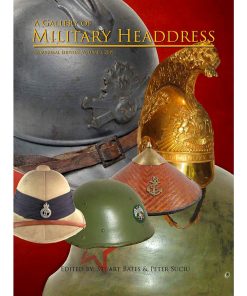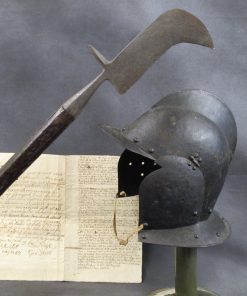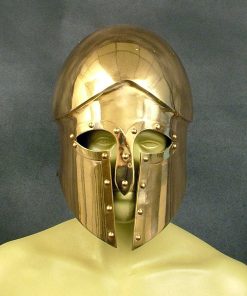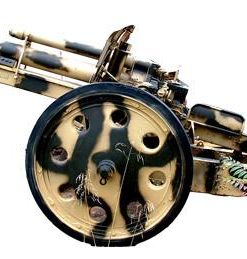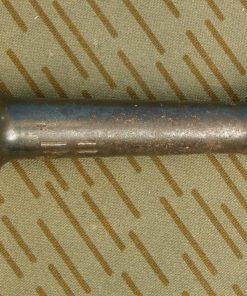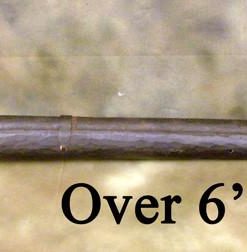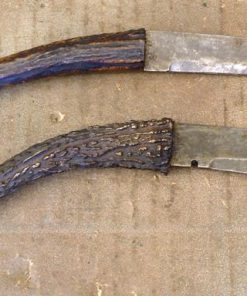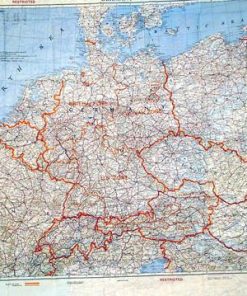Original British Late Victorian Silk Framed Banner from the Worcestershire Regiment 2nd Battalion Original Items
$ 395,00 $ 118,50
Original item: One of a Kind. This is very patriotic and possibly made by one of the Regimental Officer’s wives. Nicely glazed in a quality wood frame, this banner measures 26″ X 29″, displaying TWO Regimental flags, each with Queen’s Crown and marked to the Second Battalion. One flag smothered in Battle Honors dating from the Napoleonic Wars right up through Queen Victoria’s reign ending with the Boer War.
This is well over 100 years old and the silk has split in a couple of places but still presents wonderfully. Painstaking work resulting in a stunning banner, ready to display!
The Worcestershire Regiment was a line infantry regiment in the British Army, formed in 1881 under the Childers Reforms by the amalgamation of the 29th (Worcestershire) Regiment of Foot and the 36th (Herefordshire) Regiment of Foot. The 1st Battalion was initially deployed to India, while the 2nd Battalion was initially deployed to Ireland, the Channel Islands, Malta, Bermuda and then Canada.
The 1st Battalion was based at Ladybrand during the Second Boer War, while the 2nd Battalion saw heavy fighting near the Modder River. As the war dragged on, a number of regiments containing large centers of population formed additional regular battalions. The Worcestershire regiment formed 3rd and 4th regular Battalions in February 1900, when the existing militia battalions were relabeled as the 5th and 6th battalions.
The 3rd and 4th (Militia) battalions, from 1900 renamed as 5th and 6th battalions, were reserve battalions formed from the Worcester Militia in 1881. The 6th battalion was embodied in May 1900, disembodied in October that year, and later re-embodied for service in South Africa during the Second Boer War. About 615 officers and men returned to Southampton on the SS Greek in early October 1902, following the end of the war, when the battalion was disembodied at Worcester.
In 1908, the Volunteers and Militia were reorganized nationally, with the former becoming the Territorial Force and the latter the Special Reserve; the regiment now had two Reserve and two Territorial battalions. Troops from the regiment shot dead two men during the Llanelli railway strike in August 1911.
Fast Shipping with Professional Packaging
Thanks to our longstanding association with UPS FedEx DHL, and other major international carriers, we are able to provide a range of shipping options. Our warehouse staff is expertly trained and will wrap your products according to our exact and precise specifications. Prior to shipping, your goods will be thoroughly examined and securely secured. We ship to thousands clients each day across multiple countries. This shows how we're dedicated to be the largest retailer on the internet. Warehouses and distribution centres can be located throughout Europe as well as the USA.
Note: Orders with more than one item will be assigned a processing date depending on the item.
Before shipping before shipping, we'll conduct a thorough inspection of the items you have ordered. Today, the majority of orders will be delivered within 48 hours. The delivery time will be between 3-7 days.
Returns
The stock is dynamic and we cannot completely manage it because multiple stakeholders are involved, including our factory and warehouse. So the actual stock may alter at any time. It's possible that you may not receive your order once the order has been made.
Our policy is valid for a period of 30 days. If you don't receive the product within 30 days, we are not able to issue a refund or an exchange.
You can only return an item if it is unused and in the same state as the day you received it. You must have the item in its original packaging.
Related products
Uncategorized
Uncategorized
Uncategorized
Australian WWII Owen MK1 Machine Carbine SMG Custom Fabricated Replica with Sling Original Items
Uncategorized
Uncategorized
Uncategorized
Uncategorized
Uncategorized
Uncategorized
Armored Burgonet Helmet & Polearm from Scottish Castle Leith Hall Circa 1700 Original Items
Uncategorized
Uncategorized
Uncategorized
Band of Brothers ORIGINAL GERMAN WWII Le. F.H. 18 10.5cm ARTILLERY PIECE Original Items
Uncategorized
Uncategorized
Angolan Rebel 1970s era 60mm Inert Display Mortar from Angolan Civil War Original Items
Uncategorized
Uncategorized
Uncategorized
